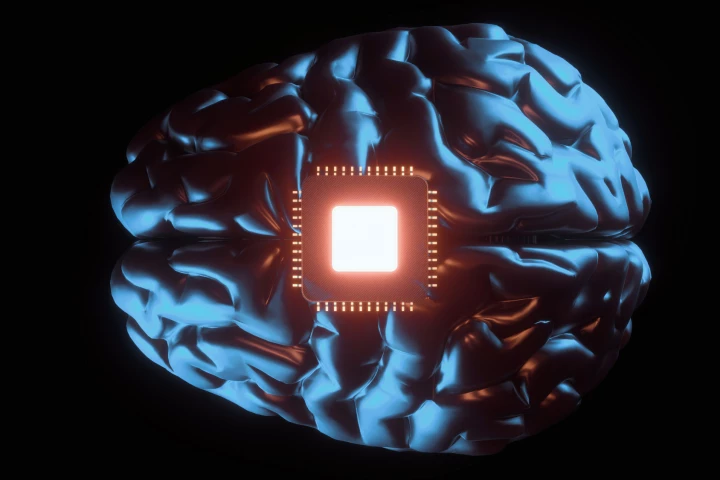Retinal Implants
-
Implantable neurological technology has advanced drastically, offering a return to normalcy for some people with neurological disorders. But given its rapid progression, what happens when these implants become obsolete or its manufacturer goes bust?
-
Arkenlight and Axorus have teamed up to prototype the first artificial neuron powered by a diamond betavoltaic battery made from nuclear waste. The goal is to develop medical-grade implants with energy sources that will last decades without charging.
-
There may be new hope for people with certain types of blindness, as an experimental sight-restoring device has been deemed safe for implantation. It still has to be tested on humans, though, and it will likely provide a rudimentary form of vision.
-
Artificial retinas have the potential to restore some sight to people with certain kinds of blindness, but they contain complex electronics that can overheat. Now a Stanford team has found a way to potentially bypass the issue.
-
Located on the back of the eye, the retina is a layer of nerve cells that convert incoming light to electrical signals – allowing us to see. Now, scientists have developed a rudimentary artificial retina, that could conceivably one day restore sight to the blind.
-
Repairing people's sense of sight by way of retinal implants is a field of research that is seeing some rather promising advances. Now researchers say they have broken new ground in the area, which brings with it the prospect of more successful integration in the human body.
-
Engineers have tested a nano-system that could restore sight through a retinal implant that responds to light by directly stimulating the neurons that send visual signals to the brain. Unlike other systems, the new device requires no external sensors, and can provide a much higher resolution.
-
Researchers at the University of Washington have developed visual simulations that indicate what the world might look like to people with retinal implants. The resulting images are, in a word, blurry.
-
You might remember the Argus II implant from when it first gained market approval in the US back in 2013. The ambitious prosthesis is back, with researchers now looking to utilize the technology to treat patients with dry age-related macular degeneration (AMD).
-
Bionic Vision Australia researchers have announced the success of their first retinal implant trial.
-
German biotechnology firm Retina Implant AG has developed an microchip that provides a useful degree of artificial vision in patients who have been blind for decades.
-
Enrollment is complete for the Phase I trial of the electronic retinal implant known as The Argus II - a device which restores a basic level of sight using an external camera mounted in eyeglasses linked to a tiny array of 60 electrodes attached to the retina.
Load More











